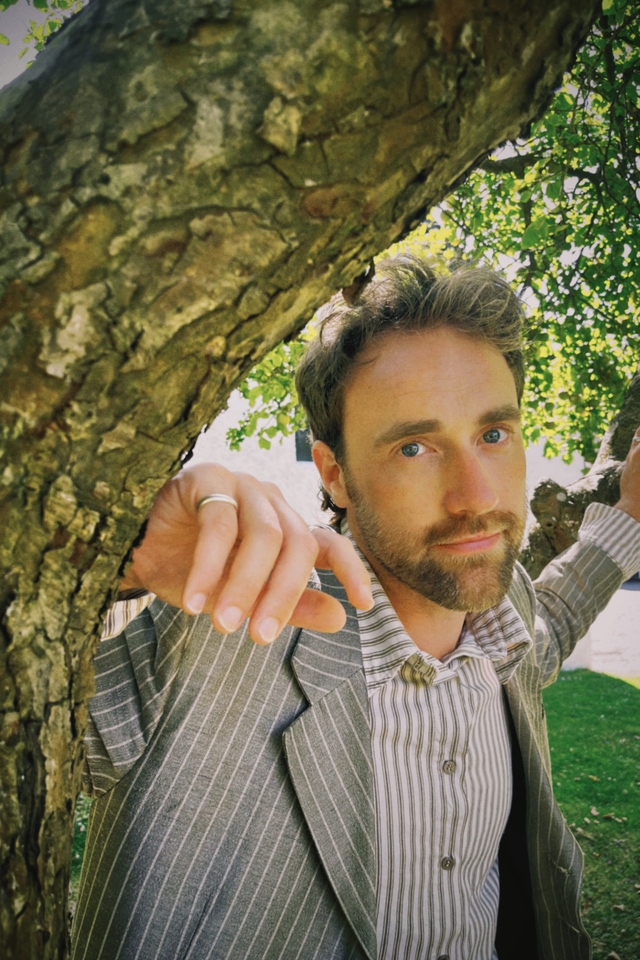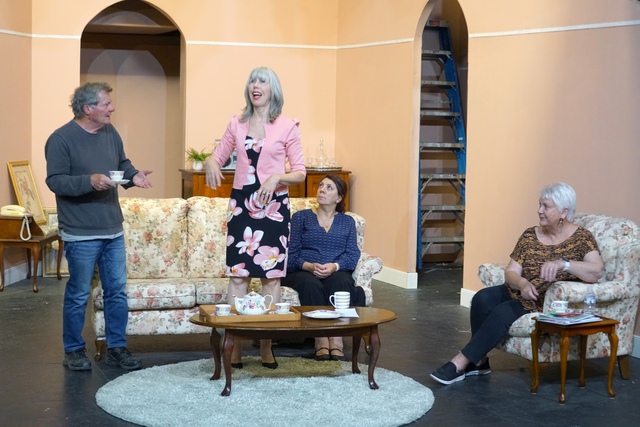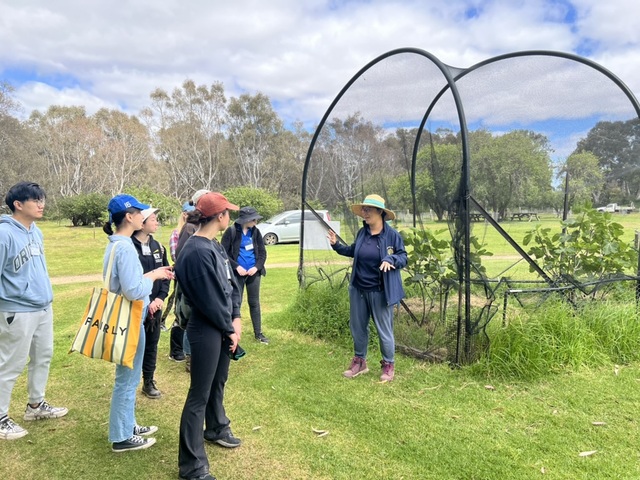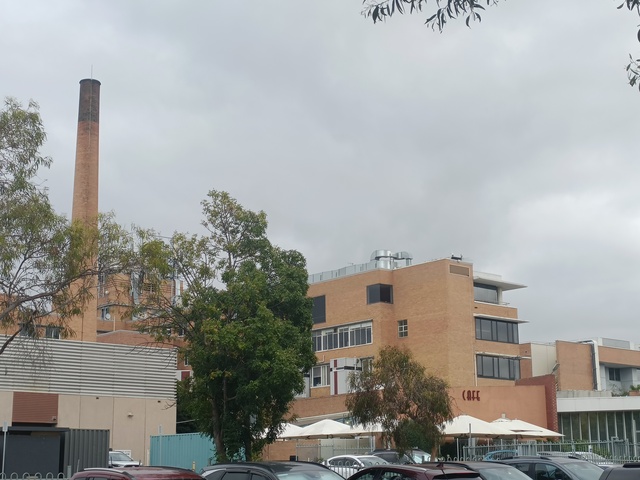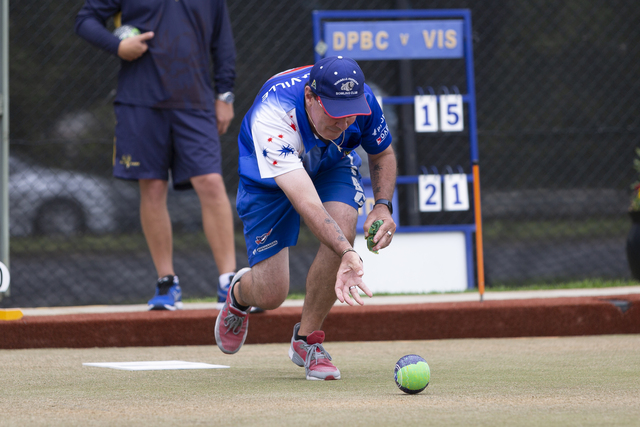A growing number of studies show that music lessons in childhood can do something perhaps more valuable for the brain than childhood gains: provide benefits for the long run, as we age, in the form of an added defense against memory loss, cognitive decline, and diminished ability to distinguish consonants and spoken words.
Not only that, you may well get those benefits even if you haven’t tickled the ivories, strummed the guitar, or unpacked your instrument from its case in years. And dividends could even be in store if you decide to pick up an instrument for the very first time in midlife or beyond.
Piano teachers across the world will have heard, “I wish I had learned piano as a child” time and time again. Adults assume that if they didn’t learn to play piano as a child, then it’s simply too late.
Yet not only are adult piano lessons more often than not extremely rewarding, but adults have a number of advantages in learning piano compared to children.
Children very often have to be persuaded to practice and attend piano lessons. Adults, on the other hand, don’t need to be dragged, kicking and screaming, to their piano teachers.
Adults also have highly developed logical and critical thinking skills. It is often thought that playing music is a purely creative, right-brained act, but this is by no means the case. As the most emotional of the arts, music indeed favors the emotional right brain compared to the rational left. Playing music without understanding these essentials would be like learning to pronounce syllables in a foreign language but having little or no idea what the words mean.
Another advantage is that adults can learn complex concepts much more easily and understand technical explanations. This makes it possible for adults to learn music theory and analysis far more easily than children.




